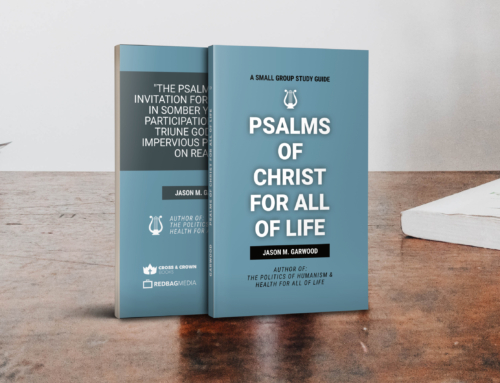In the pagan construction of the world, the nature of being in anthropology is rooted in naturalism: Man is a product of his material environment. He has miraculously evolved and transitioned from cellular goo to epistemological self-consciousness. But has he?
In Christian theology, our construction of the world rests on the fact that man is not a product of time and chance, rather, he is a product of the living God. Man is made in the image of God; his being is predetermined and not left to chaos and his environment.
Getting these two things right is everything for dealing with our emotions; handling depression, addiction, trials and debacles—all of it must be approached from the latter category and not the first. You are not a product of your environment. However, because of Neoplatonic ideas about the world, Christians have largely neglected in counseling and biblical/practical theology the need for understanding our environment. Rather than discarding the material world (because, after all, you must set your mind on things above!), we should embrace the environment around us and filter it through a proper theology. Which means that we must consider family of origin issues. We must consider the impact of government education in shaping most of us. We must consider the way our parents did or didn’t teach us how to handle conflict, etc., etc.
We must deal with the trauma: the hurt, the betrayal, the rejection, the feelings of being unloved or unwanted, and all the pain that comes with it. Like it or not, those things shape us and mold us—they are influencers, not determiners. They impact us, but they don’t define us. We are made in the image of God, planted here to grow and mature and reflect God’s thinking, God’s feeling, and God’s purposes. Don’t reject the world, see it as broken and in need of restoration. The same can be said of you.





Leave A Comment